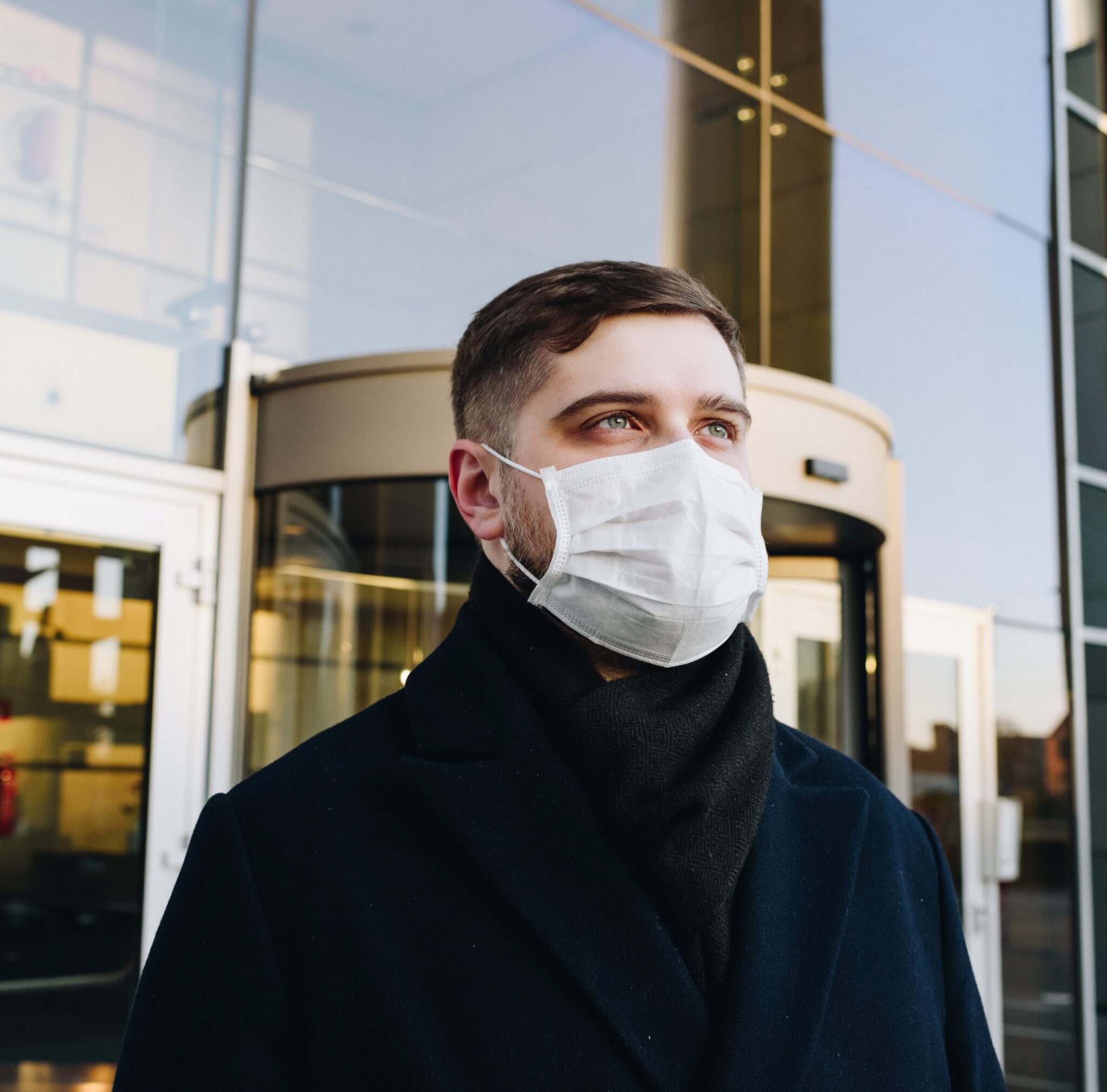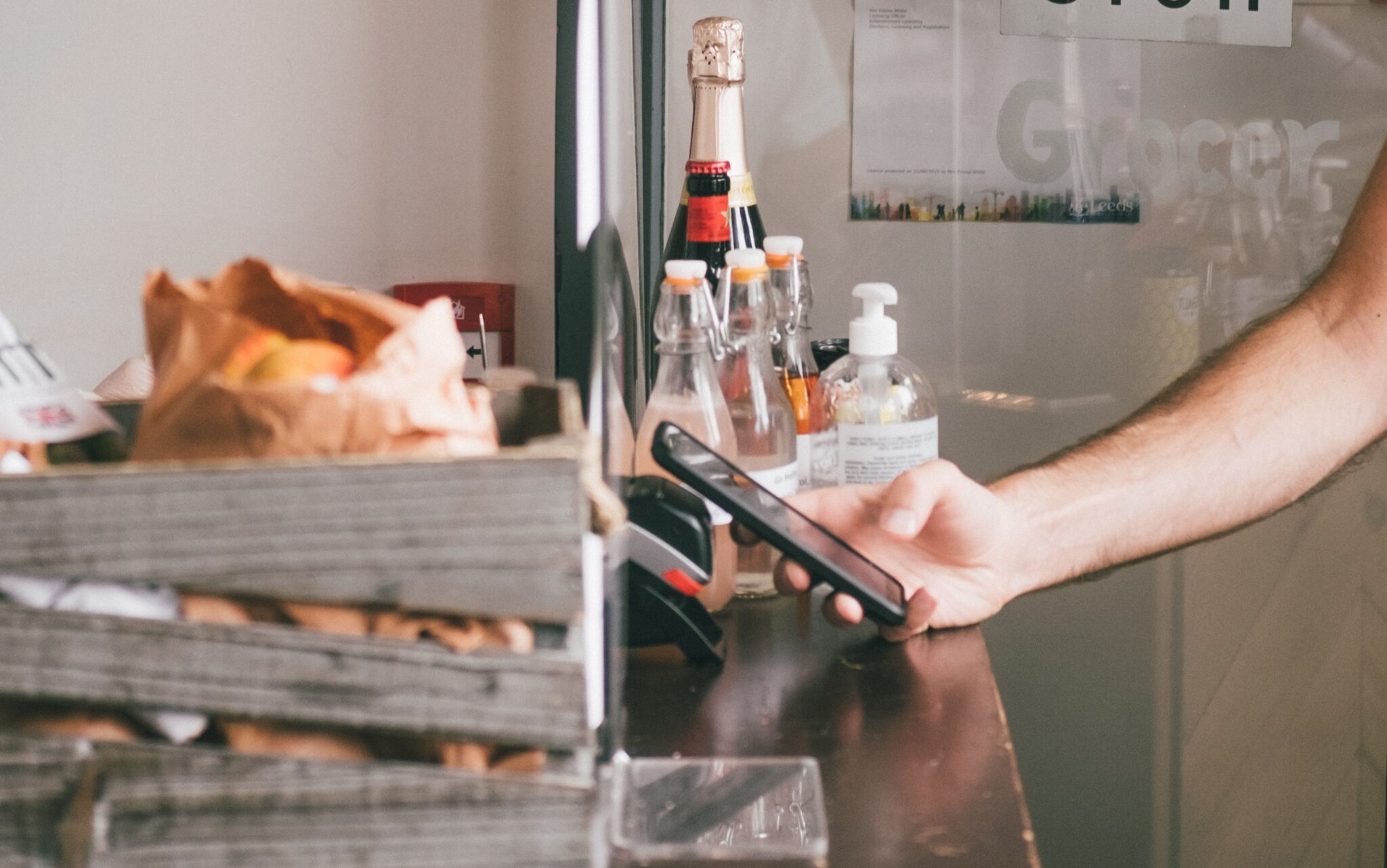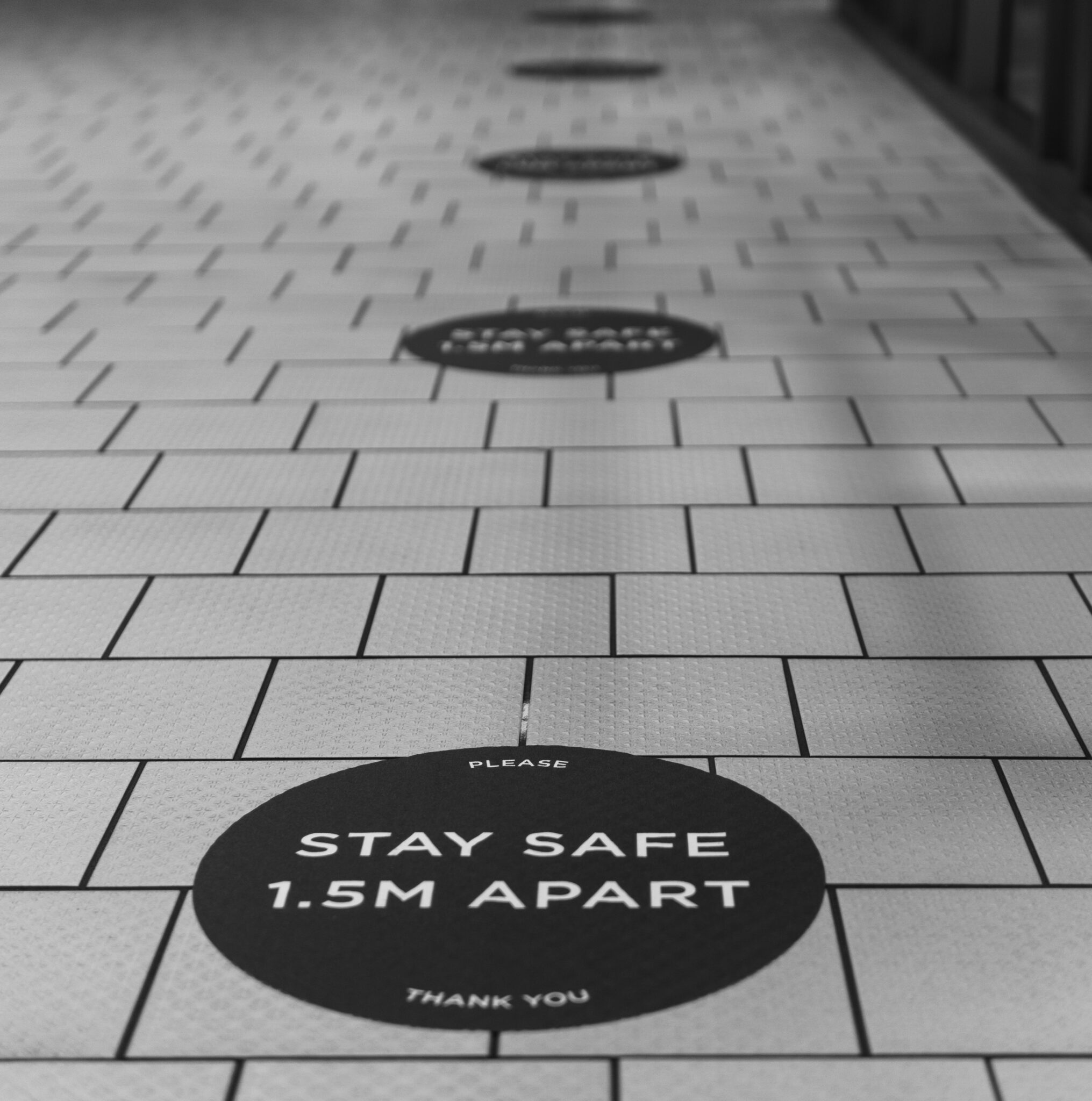If you are involved in coffee retail, or any or any other café or restaurant business, then you will know by now that the new Covid-ready business has to change how it works and looks long before the first customer walks through the door. In this blog we want to bring together some of the key measures which we will all need to be aware of to keep our customers, and our staff, safe. This is a far from comprehensive review of all the measures and legal requirements which apply, and national and regional government policy is constantly changing as the situation and understanding of the virus changes. So, in all that we discuss here, please ensure that you check and follow the most recent instructions from the Government, ensure that you stay well, and ensure that you get back to making a truly “healthy” profit.
Before you Open
If you are yet to open after such an extended period of closure, there are extra factors to consider even before thinking about the officially Covid-related preparations. After a week off, a weekend, or even one night, you would start with a good clean. More than ever, that needs to be assessed closely: how are you going to ensure that you can start from a literal, clean slate? Can you carry out a thorough deep clean yourself or might it be better to have professional deep clean to start you off?
You will also need to reassess your stock of cleaning products and the level you should maintain in view of the highly increased frequency of cleaning which will be necessary. Of course, you will also need to ensure that you have a reliable source for, and sufficient quantity of, hand sanitiser, masks and gloves. Here at Bridge Coffee Roasters, we do have access to a range of PPE and viricidal spray, hand sanitiser and surface wipes if you are in need of any to support your business. Don’t forget to check the use-by dates on any cleaning products you already have and it is best to dispose of any prediluted cleaner which you had when you closed down as it will have lost a lot of its efficacy.
You will probably have switched your water off when you closed down. As soon as possible switch it back on to check for leaks and to ensure that hot and cold water is running properly to all your washbasins and sinks, as well as to your espresso machines. Remember to follow the full maintenance schedule for your coffee machines following their long period of down-time, both for the upkeep of the machine and for the health and safety of your customers. We do have a guide for Starting Up Your Coffee Machines After Closure, so do get in touch if you would like us to send you a copy.
I am sure you won’t need reminding, but your coffee stocks will now be out-of-date and you will need to re-stock, but bear in mind that, at least in the short term, your business model may be different than before lockdown and your stocking levels may need to be reassessed.
Beyond this, there are a range of physical and procedural changes which will need to be made in any coffee shop or café. These include things such as the use of face masks and gloves, provision of sanitiser dispenser/cleaning stations, social distancing (both at tables and in queues), and the installation of screening: between staff and customers, and between customers and food.

Masks
It is agreed that face masks do contribute to decreased transmission of the virus, which is paramount for your customers and for your staff. Very importantly for businesses such as coffee shops, they are also key in building and maintaining the confidence of your customers.
These masks not only help protect people from the transmission of Covid-19 but also make a clear statement about your commitment to the safety of staff and customers. Many of your staff and your customers will remain nervous and uncomfortable in public environments for some time following lockdown and while Covid-19 remains a public health danger, therefore making these people feel safe and secure is important. Some shops are favouring full-face visors to help promote a clearer personal engagement with customers, to prevent muffled and confusing speech, and to assist customers who rely on lip-reading.

Cash vs Contactless
Government policy encourages shops to promote contactless payment over the use of cash, this is both to discourage the direct exchange of money from one person to another with its risk of cross-contamination and also to avoid the personal proximity involved in the process. To facilitate this being as effective as possible you should consider whether you can change the placement of the payment device to comply with social distancing needs.

Screens and Signage
At point of sale locations, screens have been erected by many shops, as has been recommended. The current legislation suggests 2 metres as the ideal social distance, but it does allow for only 1 metre where mitigating steps, such as screens, are in place, though it accepts that a table as a barrier could be sufficient. This social distancing should be reinforced with markings around the shop (and exterior areas, including areas where queues may form). Where possible, these distances should be 2 metres but again this can be reduced to only 1 metre if it is not viable. These markings could also include indicators for customer flow patterns. It is important to plan these carefully so that, as much as possible, you can prevent customers congregating at any bottlenecks or crossing each other’s paths as they enter and leave your shop. A one-way system is the best approach, but it is impossible to impose in some premises.
In order to protect displayed food and to avoid customer contact with food, many more coffee shops have now fitted screens between the food and the customers and/or have started packaging their food in individual portions for display and retail.
As well as the signs for social distancing and customer flow, Government policy recommends the placement of signs and notices which explain to customers what measures have been put in place as a result of the outbreak of Covid 19, and why. It would be constructive to think of this as the first step of your customer’s journey in what may have become a greatly changed coffee shop. Many regulars will find it difficult to process all the changes and will need to feel clear on what is happening, where, and why. Otherwise the customer experience can degenerate very quickly into dissatisfaction and confusion. Giving your customers the reassurance that you have a planned, cohesive approach to maintaining a safe and healthy environment on your premises will ensure that customers, old and new, understand the process on your premises and will contribute greatly to their enjoyment and to the likelihood of them returning.

Seating and Service
Now that seating is allowed at cafes, as long as it follows the social distancing rules about 2 or 1 metre spacing, table service is recommended as a method of decreasing crowding around the pass and the till area. If customers are encouraged to order from their table and have their order brought to them, this vastly reduces the amount of customer movement around the shop. It is also suggested that where possible, waiting staff are dedicated to their specific customers to reduce the number of people who interact with each other in the shop. Without this, one member of staff might take the order, another deliver the order, another check on the customer, another clear the table and yet another take payment. In this situation the customer would interact with five members of staff rather than one and four members of staff would interact with an extra customer unnecessarily.

Reusable Cups
Just before the lockdown was brought into effect, many coffee shops started encountering issues with customers who had their own reusable coffee cups. Ensuring that there is no chance of cross-contamination when a customer hands their own cup to the barista is essentially impossible and although it has been suggested that the coffee could made in a take-away cup and then poured into the customer’s reusable cup, this has generally proved highly impractical. As a result, many coffee shops are currently not accepting reusable cups. Many shops are also using disposable cups for sit-in customers to eliminate the chance of contamination raised by using the shop’s own ceramic cups.

Hand Hygiene
Shops are also expected to encourage customers to use hand sanitiser on entry to the premises. This can be done with the provision of a hand sanitiser and signage at the front of the shop, but as attitudes and business models change, something more permanent might become more appropriate. For example, we can provide mobile hand sanitiser stations and hand washing stations as attractive, hygienic, and professional solutions to this issue.
Extra hand sanitisers should also be provided for staff and, as a part of enhanced hygiene procedures, staff should be expected to wash their hands even more often than previously, following the 20 second wash rule each time. Staff should also be cleaning and sanitising frequent touch areas with much greater regularity. This again will impact heavily on any shops’ requirement for wipes and sanitiser.

Contactless Coffee
Coffee can also be provided in a contactless manner using modern technology and modern coffee machines. Machines by Eversys, Shearer and Coffetek can now provide a contact-free coffee service by letting customers instruct the machine to dispense their chosen drink via wireless technology from their smartphone or via air touch technology, therefore it may be worth looking into these options for your business, particularly if you are already operating these coffee machines. Our team would be more than happy to give you advice on how to set this up.
The New Normal
Although most of these procedures seem new and strange now, they will quickly become normal and will generally seem second nature to most after a short period. Once we all have them in place, our everyday practices will become the first line of defence against Covid-19 and help get businesses back up and running again in the safest way possible.
Talk to The Team
We understand that getting your business back up and running can sound challenging but we are here to help. Get in touch with the team if you need any advice or are searching for essential supplies to re-open safely.
Get in Touch
